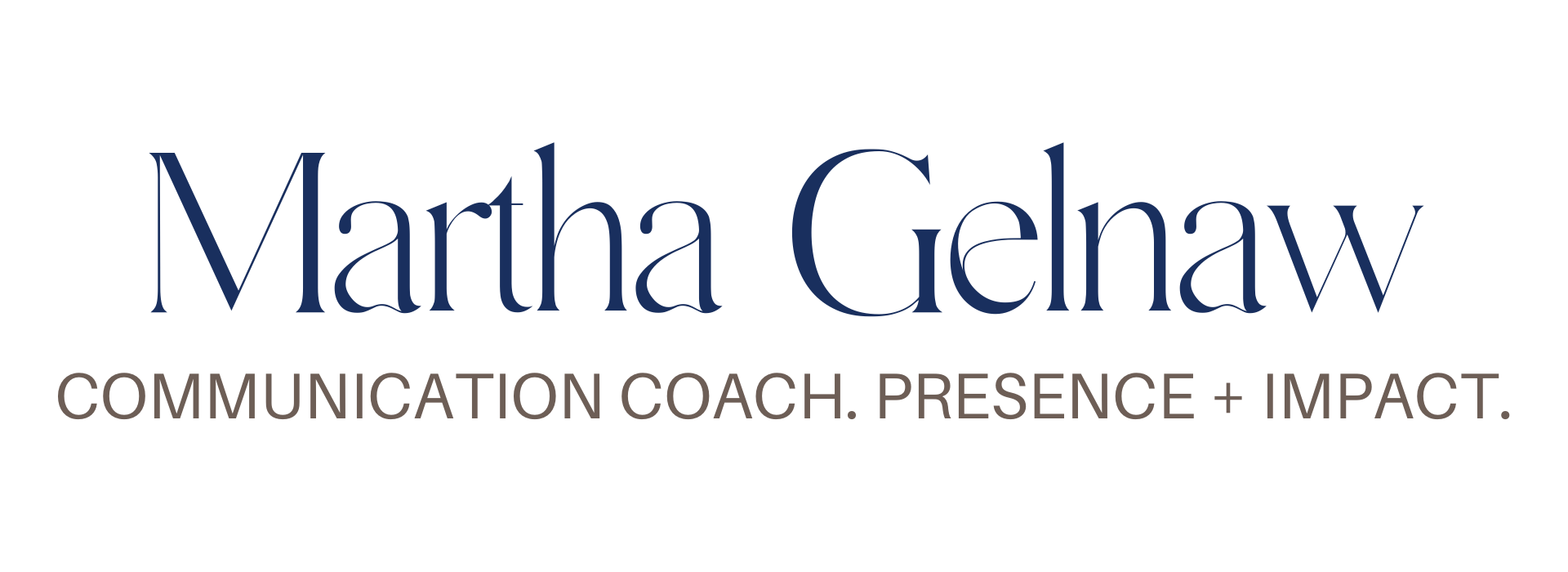Here’s the What, Why, How and Outcome of Forgiveness. I’ve learned this after many travails. It’s finally great to have landed here.
Forgiveness is the economy of the heart… forgiveness saves the expense of anger, the cost of hatred, the waste of spirits.
By Hannah Moore
The British poet and playwright Hannah Moore referred to forgiveness as the “economy of the heart.” She explained, “It saves the expense of anger, the cost of hatred, the waste of spirits.”
Along with gratitude, all the world’s spiritual traditions also emphasize the importance of forgiveness.
For many people, however, forgiveness is a more challenging attitude to embrace. As the great English poet Alexander Pope noted, “To err is human, to forgive divine.” Not surprisingly, contemporary science has begun to demonstrate the benefits of this divine attribute.
The practice of forgiveness boosts the immune system, lowers high blood pressure, reduces anxiety and depression, and improves sleep patterns, according to Fred Luskin, PhD, director of the Forgiveness Project at Stanford University and author of Forgive for Good. And Dr. Luskin’s research suggests that forgiveness is a skill that can be learned. Developing your skill in forgiveness is easier when you remember the following points.
Forgiveness is for you. Forgiveness is a powerful form of self-healing. It’s important to learn to let go of toxic emotions because bitterness and resentment are physiologically harmful to the person who harbors them. Forgiveness is something you can do primarily for your own benefit. Holding a grudge drains your energy and compromises your wellbeing.
“Forgiving releases you from the punishment of a self-made prison in which you’re both the inmate and the jailer.”
Doc Childre and Howard Martin-The HeartMath Solution
Forgiveness strengthens your character. Forgiving others, and yourself, liberates you from emotions that disrupt your peace of mind. As you take more responsibility for your internal experience and choose happiness over resentment, you affirm your inner strength and freedom.
Gandhi reminds us, “The weak can never forgive. Forgiveness is the attribute of the strong.”
Forgiveness isn’t condoning. In the movie Unforgiven, Bill (played by Gene Hackman) protests that he doesn’t deserve to die and Munny (played by Clint Eastwood) responds, “Deserves got nothin’ to do with it.”
The same thing is true with forgiveness. And forgiving someone doesn’t mean that you condone or excuse unacceptable behavior. You can strongly dis-approve of another person’s actions and still forgive him. You don’t have to reconcile with someone or continue a relationship in order to forgive completely.
Forgiveness is the best revenge. The inability to forgive is based on a flawed assumption: we mistakenly believe that anger and resentment can defend us against hurt feelings. But negative emotions don’t protect us; they actually harm us, by unleashing a flood of stress hormones. So let go of the investment in this faulty strategy and focus instead on living as well as you can. And if you need a little mustard with your forgiveness, remember the words of Oscar Wilde, who quipped that you should always forgive your enemies because nothing annoys them more.
Forgiveness takes patience. Learning to forgive takes practice and patience. Deep wounds and hurt feelings can be tenacious. Sometimes when we think we have forgiven and moved on, something happens to remind us of a past hurt, and we find ourselves consumed by it again. When this occurs, just notice the hurt feelings and, instead of judging yourself, renew your intention to let them go.
Forgiveness is easier with empathy. It’s much easier to forgive when we understand and empathize with the person we are forgiving. As the poet Remy Wadsworth Longfellow explained,
“If we could read the secret history of our enemies, we would find in each person’s life sorrow and suffering enough to disarm all hostility.”
Forgiveness is easier with blessing. You don’t need to be religious or spiritual to bless someone. You can do it just because it will help you feel better. Pierre Pradervand, author of The Gentle Art of Blessing, describes a blessing as genuinely wishing the best for another person. He suggests that we “systematically replace every single thought of judgment with blessing – especially for that fellow at the office who drives you out of your wits!”
Just as blaming and resenting others weakens us, blessing them can provide a surprising source of strength. And you may be delighted to discover that your life becomes more harmonious as the blessings you give are returned to you.
From: Brain Power: Improve Your Mind as You Age. By Michael Gelb


